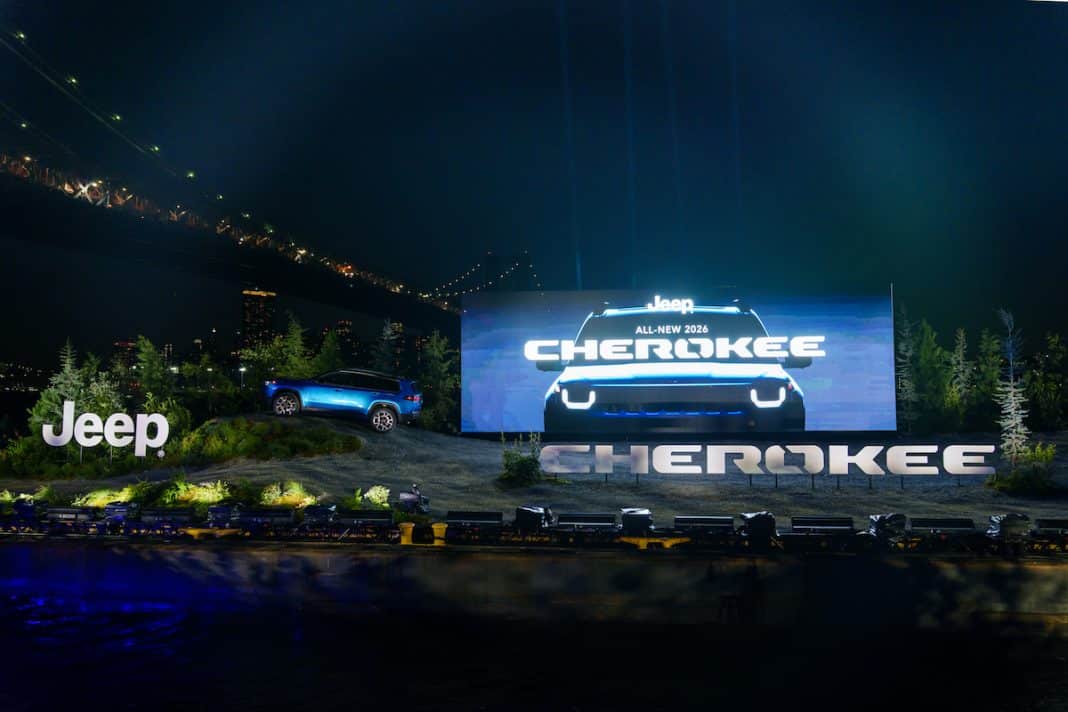On 20 August 2025, the DVLA did something unthinkable: it loosened its grip.
For decades, British car builders have sweated in garages under the shadow of a bureaucratic curse — the dreaded Q-plate. Too many replacement panels, a swapped chassis, a shell stitched together from donors, and the DVLA would strip your car of its name. Out went its VIN and plates, in came a grey “Q”, a scarlet letter on steel. Values tanked, insurers shied away, and years of blood and spanner-work could be dismissed as “identity uncertain.”
From 26 August, that changes. Like-for-like restorations no longer need reporting. Structural changes can stay on the logbook so long as the car still looks like itself. Even electric conversions — once a grey-zone headache — keep their original plates. The message is clear: identity is sacred, history matters, and the DVLA has finally stopped treating passion as paperwork fraud.
What’s Changed
- No more paperwork for like-for-like repairs — panels, parts, and restoration work won’t trigger a review.
- Structural mods are safer — the car can keep its VIN and plates if it still looks factory-correct.
- Electric conversions recognised — fit a battery pack, keep your identity. Notify the DVLA, but no scarlet Q-plate.
- Heritage protected — the story of a car no longer erased by bureaucracy.
Why This Matters to Builders
For anyone outside Britain, especially readers in the United States, this might sound almost alien. Imagine rebuilding your ’67 Camaro or ’32 Ford hot rod and having your DMV tell you, “Sorry mate, that’s not the same car anymore.” That was Britain, until now.
- Hot rodders: Chopped, channelled, modernised — and still carrying the original plate.
- Rally restorers: Mk2 Escorts, Subaru Imprezas, even Quattros stitched back together after years of rally stages — now safe from the Q-plate guillotine.
- Restomods: The halfway houses of heritage and modern road use are legitimised.
The Atlantic Divide
In the UK, the DVLA is stepping back. In the US, builders are still tangled in a mess of red tape.
- California — smog laws make EV swaps and hot rods a bureaucratic swamp.
- New York — inspections treat classics as criminals.
- Florida — virtually no rules, until you cross a border and suddenly your car isn’t legal.
- SEMA’s fight — a long battle for federal recognition of hobbyist and historic vehicles, still ongoing.
We don’t have the fine print yet — the DVLA will publish the full rulebook soon — but the tone has shifted. It’s no longer about catching enthusiasts out. It’s about letting cars live, evolve, and carry their stories forward.
Why It Hits Hard
- Identity stays intact — no more paperwork erasure.
- Builders regain freedom — spanners back in the hands of the enthusiasts.
- Culture first — Britain is choosing heritage and innovation over bureaucracy.
This isn’t a tidy policy memo. It’s a cultural pivot.
Britain has just told its builders: keep the logbook, keep the number plate, keep the history.
For hot rodders in Detroit, for rally fans in Vermont, for anyone who’s ever welded through the night with grease in their hair — it raises the question loud and clear: if Britain can, why can’t America?


